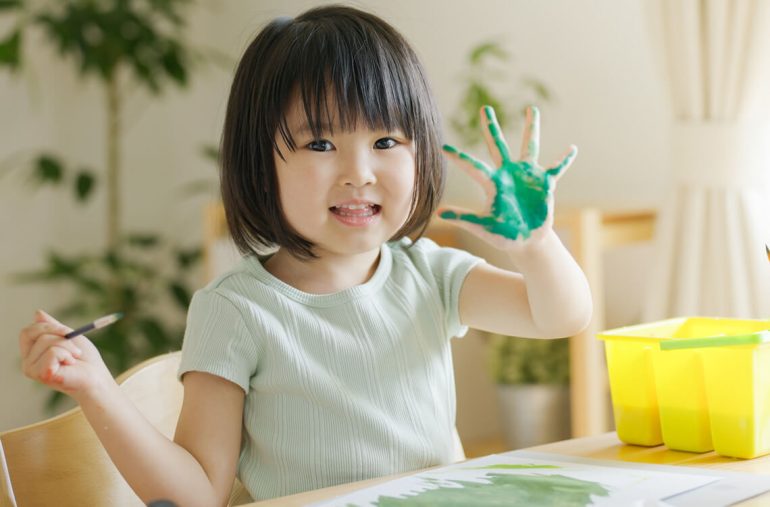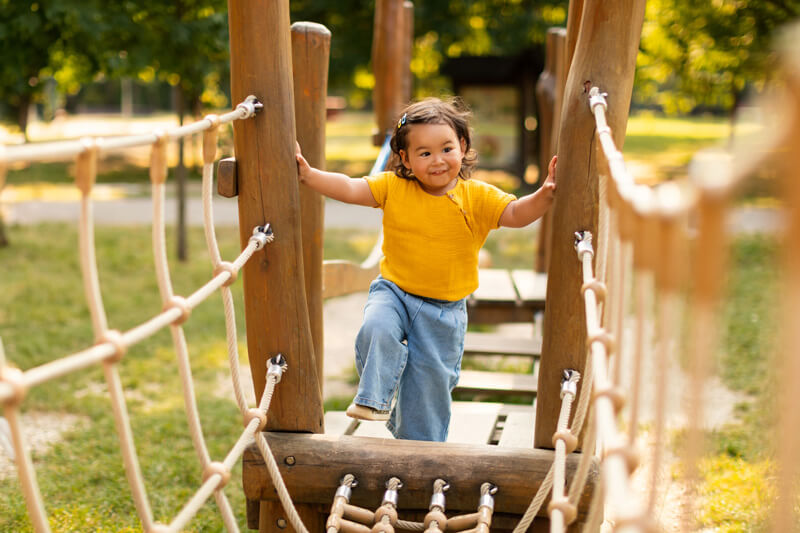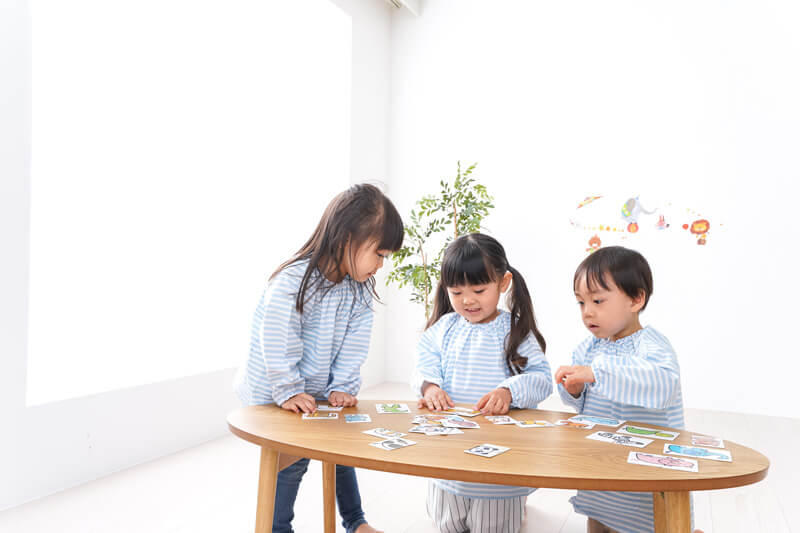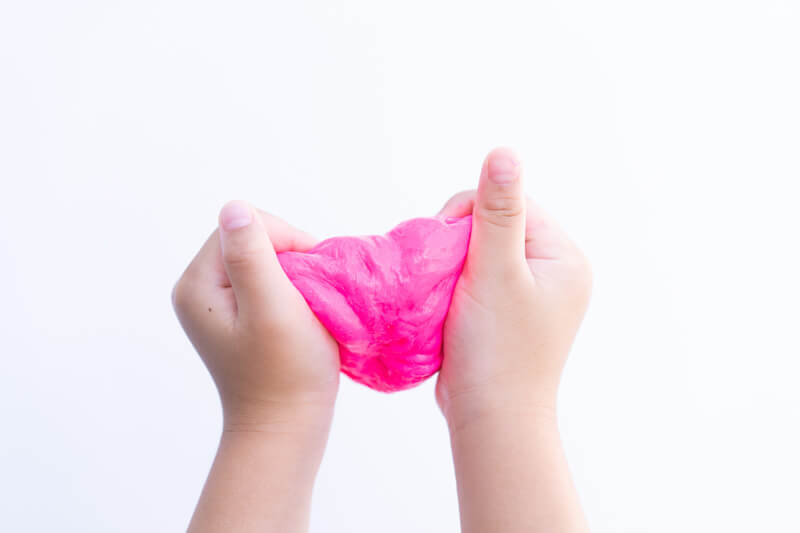At 31 months, your little one is in full explorer mode. Their 31-month-old developmental milestones will be full of curiosity, chattiness, and lots of personality.
They’re starting to use their imagination more vividly, express complex emotions, and fine-tune their physical coordination.
Here’s what you can expect during your little one’s 31-month-old developmental milestones.
Physical & Motor Milestones
More Confident Coordination
By now, your toddler moves with increasing confidence and purpose. Running becomes smoother, and they can start stopping or turning quickly without toppling over.
Many 31-month-olds enjoy climbing playground equipment, jumping off low surfaces, or attempting short sprints — all of which help develop balance and strength.
Encourage these physical adventures in safe spaces, whether at the park or a soft indoor play area. This physical confidence doesn’t just build muscles; it fosters independence and a sense of achievement that keeps them motivated to try new challenges.
Refining Everyday Movements
Daily routines offer wonderful opportunities for growth. At this age, your child might try putting on socks or helping to wash their hands.
Though it may take longer, it’s part of learning coordination and sequencing.
You’ll also notice improved control when using spoons or stacking blocks, a sign that both gross and fine motor skills are coming together beautifully.
Language & Cognitive Development
Rapid Vocabulary Expansion
Your toddler’s speech takes another big leap forward around this stage.
Many 31-month-olds can now use short sentences of four or more words and can name familiar people, animals, and objects easily.
They’re also experimenting with pronouns like “me” and “you,” which can lead to some adorable self-references. Reading remains one of the best ways to support language development.
Thinking, Sorting, and Remembering
Cognitive development is all about curiosity and logic now. Your child might group toys by colour, size, or purpose, showing early categorisation skills.
They’re also beginning to understand basic sequences like “first” and “next.”
Toddlers this age also start to recall familiar routines. They might remind you that storytime comes before bed or that it’s snack time after a walk.
Social & Emotional Growth
Emerging Sense of Self
Your 31-month-old is more aware of who they are, and they’re eager to assert it. Expect strong opinions about what to wear, what to eat, and how things should be done.
While this newfound independence can spark power struggles, it’s a healthy sign of developing self-identity.
Allow choices within boundaries to help them feel empowered but secure.
Emotional outbursts are still common, but they’re learning to manage frustration more effectively.
Beginning Empathy and Shared Play
Social understanding continues to grow as toddlers begin to show concern when others are upset or share excitement when someone else succeeds.
They’re more likely to engage in side-by-side play (parallel play) but may start brief moments of cooperative play, especially with familiar peers.
Pretend play, such as “taking care” of a doll or feeding stuffed animals, helps them practise empathy, turn-taking, and emotional awareness.
These are all important for healthy relationships later on.
Sensory & Perceptual Development
Engaging the Senses Through Play
At 31 months, your toddler’s sensory world is vibrant and ever-expanding.
They’re keenly aware of how things feel, sound, and move, and they often use all their senses to explore new environments.
They may love squishing, pouring, or sorting materials, which strengthens hand muscles and fine motor control.
These sensory activities also help them relax and focus. These are important tools for managing big emotions as they grow more independent.
Strengthening Visual and Auditory Skills
Your child’s perception of sound and sight becomes more refined at this stage.
They can follow moving objects with their eyes more smoothly and distinguish between similar sounds, like “b” and “p.”
Playing listening games sharpens auditory processing. This can include identifying animal noises or following musical rhythms.
You might also see them start copying rhythms or clapping in time to songs, showing an improved sense of timing.
When to Talk to a Paediatrician
Every child develops at their own pace, but it’s worth checking in with your paediatrician if your toddler
- isn’t saying two-word phrases
- struggles with walking or balancing
- rarely shows interest in play or people.
Keeping track of your little one’s 31-month-old developmental milestones ensures that you can recognise red flags immediately.
Trust your instincts. If something feels off, seek advice early. Early intervention can make a big difference in supporting steady development.
Expert Tips & Daily Activities
Outdoor Discovery Walks
Make nature your classroom. Go on short walks to observe leaves, clouds, and insects.
Describe what you see to boost vocabulary and observation skills. Climbing and running outdoors also enhance coordination and confidence while offering a healthy outlet for energy.
Pretend Play and Everyday Learning
Imaginative play takes centre stage at this age. Let your toddler “cook” beside you, build with blocks, or act out a story.
Pretend play helps them process experiences and strengthens emotional intelligence.
Everyday tasks like counting snacks or sorting laundry are sneaky ways to reinforce maths and language skills in real-life contexts.
Looking Ahead
Your 31-month-old is thriving in the rhythm of discovery — testing limits, absorbing language, and learning how to express feelings.
Celebrate their 31-month-old developmental milestones, and continue to encourage exploration without pressure.
Each day brings new sparks of growth and wonder, shaping the foundation for their preschool years ahead.
Disclaimer: The information provided in this article is for informational purposes only and should not be considered as medical advice from Motherhood. For any health-related concerns, it is advisable to consult with a qualified healthcare professional or medical practitioner.
For more insightful stories and fun recipes, stay tuned to Motherhood Story!













